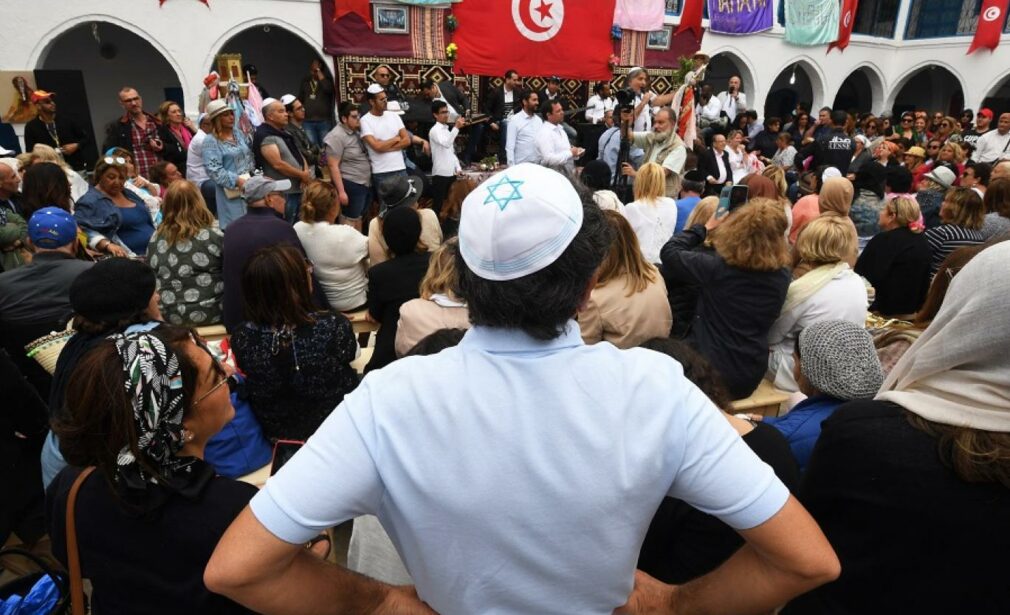Religious Freedom & Minorities
In many societies, religious minorities can easily find themselves marginalized or entirely excluded from the social fabric. In some cases, stereotypes are perpetuated that portray religious minorities as a threat to the social cohesion or religious identity of the majority. Although members of both religious and non-religious groups are, by default, considered Tunisian citizens, a significant portion of them feel like second-class citizens due to the recurring instances of violence against them, with little to no legal or social deterrents. Many of them face daily ostracization and exclusion, not to mention the physical assaults they endure from their social environment, including family, neighbors, and even certain security forces.
We must always take into account the existence of religious minorities and the often complex circumstances they face. These communities frequently encounter specific vulnerabilities that need to be addressed when engaging with religious actors, not least because religious minorities can play a crucial role in nation-building, promoting peace, and fostering coexistence.
The Tunisian state is making concerted efforts to address acts of violence against religious groups. In this context, the Ministry of Religious Affairs has announced the launch of a dedicated helpline (80106934) to receive calls, reports, and complaints from religious and mosque personnel, including those belonging to other Abrahamic faiths such as Judaism and Christianity, particularly in relation to their duties.
This helpline was established as part of a collaborative effort between the Ministry of Religious Affairs, the Office of the United Nations High Commissioner for Human Rights in Tunisia, and the General Union of Religious Affairs. The initiative is part of the Ministry’s broader efforts to strengthen and protect the rights of religious and mosque personnel. Additionally, a unit has been activated to monitor and address threats and attacks directed against religious and mosque personnel, which was established by the Minister of Religious Affairs’ decree No. 13 dated June 18, 2020.
As a result of the advocacy efforts of the Attalaki in collaboration with national partners, a government decree (No. 534 of 2021) was issued on June 29, 2021, concerning the organization of the Ministry of Religious Affairs. This decree led to the establishment of the Office of Human Rights and Relations with Associations, Organizations, and Structures overseeing minority affairs within the Ministry. To further the work of this office, representatives of religious minorities, along with a representative from the Attalaki, were received in 2022 by officials from this office, under the direction of Minister Ibrahim Chaibi, to discuss the key issues and challenges faced by these minorities.
In view of the multiplicity of cases of discrimination by members of religious minorities, and the lack of the Tunisian state or human rights organizations with comprehensive and accurate statistics on the status of religious freedom in Tunisia, Attalaki established the Religious Freedom Committee, which consists of two units:
– a unit for monitoring and following up on cases of discrimination, working to listen to the victims and provide support for them, such as legal aid, health, and social coverage, according to our capabilities.
– a unit to monitor and report violations or abuses practiced against religious minorities, in addition to preparing studies and reports related to religious freedom or the religious issue in general in Tunisia.



